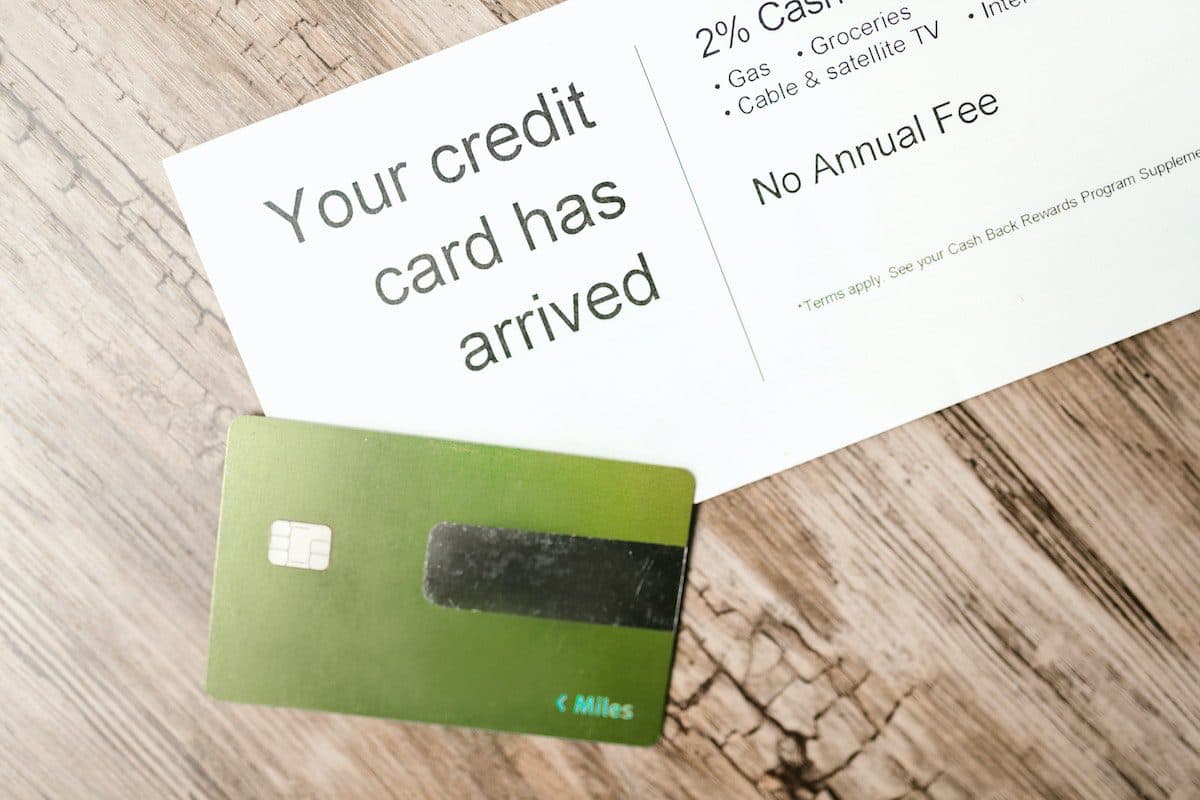What Are the Differences Between Business Credit Cards and Personal Credit Cards in Canada?
By Emma Martin | Published on 23 Jul 2023

The credit card has become one of the most ubiquitous consumer finance tools around the world today. For both big and small purchases, people can simply tap their card at the point of sale (POS), and make payments. These cards are personal credit cards and intended for consumer utilization.
However, there are also business credit cards intended for owners of small and mid-sized businesses to make day-to-day purchases and payments for their business.
The mechanism of a business credit card is largely similar to the personal credit card. You have to apply for a card through an application process. Assuming you are approved, your issuer will set a purchasing limit and a rate of interest that kicks in for repayments made beyond the stipulated period.
Once you start using the card, you can make purchases up to the limit. When you make repayments, your borrowing availability on the limit goes up by the same dollar amount as the repayment you made.
However, there are also some fundamental differences between business credit cards and personal credit cards. These differences should be taken into consideration when selecting what card to use for yourself and/or your business.
[Offer productType=”CreditCard” api_id=”6638ea018c0e5d5ce749e449″]Refresher on credit scores
Before we talk about the main considerations to make when selecting business or personal credit cards, it is helpful to define what a credit score is. Your personal credit score is a number between 300 and 900 that is calculated as a function of your repayment history, types of debts, credit utilization, income, etc.
The higher the credit score, the better your chances of approval for new credit and a favourable interest rate.
Businesses also have credit scores that are separate from the owner’s personal credit score. The business credit report reviews the amounts that you owe to suppliers and/or lenders, your total credit utilization, your history of repayments, and the age and industry of your company.
The same logic as a personal credit card applies: a higher credit score is more attractive to lenders, and will help you secure better rates and other terms on new credit that you apply for.
Business credit scores typically range from 0 to 100. However, different credit bureaus like TransUnion and Equifax have different methods of score calculation as well as different types of credit scores.
In addition, most business credit card providers require a personal guarantee from the owner of the business credit card. This personal guarantee helps the credit card issuer recoup their funds in the event that the business cannot pay back their debts.
Differences between personal and business credit cards
There are some key differences between personal credit cards and their business counterparts. The top ways that they diverge are as follows:
Utilization
Business credit cards are specifically designed for commercial purposes. You can even obtain one as an independent contractor or freelancer. This is a good way to build up a history of successful repayment and establish trust with a lender. Particularly if you are planning to approach a lender at a later stage to help you expand, this enhanced relationship will be crucial in enabling a successful application process.
However, it is recommended to use the business credit card solely for business expenses. While there is no restriction on using it for personal expenses, it makes it easier for your accountant to complete reporting and taxation. Personal expenses that are misclassified as business expenses (even by accident) are liable to get you in trouble with the Canada Revenue Agency (CRA).
Credit limits
Credit limits on business credit cards tend to be higher than personal credit cards. Credit card issuers recognize that the financing needs of a business are much larger than that of an average person.
Business credit cards are also provided on the basis of both the business and personal income. On the other hand, personal credit cards only take into account personal income to determine approval and the size of the credit limit.
If you operate a business that has sizable operating costs each month or has cash flow gaps between the time the product or service is rendered and when payment is received, the business credit card can be a good tool to use.
Rewards
The type and composition of rewards differ on business and personal credit cards. While personal credit cards offer cashbacks on ordinary consumer purchases such as grocery and gas as well as travel perks such as Air Miles, business credit card rewards are largely geared towards travel or various cash back offerings.
Based on your business’ unique spending patterns, you should shop around to see which one offers the best fit. If you do a lot of travelling for your business, a business credit card with travel rewards is worthwhile to save money down the road. However, if you don’t do as much travelling, then you would probably be better off with a cashback card that offered a flat rate of cashback on all purchases.
Credit reporting
Your activity on your personal credit card is reported to Canada’s credit agencies (TransUnion and Equifax), and summarized into your personal credit score ranging from 300 to 900. Your personal credit score has no direct impact on your business credit score.
However, the reverse is not true. Depending on how the issuer reports your business spending and repayment activity to the credit bureau, your personal score may also be impacted. It is vital that you understand how your issuer reports your business activity before you get a business credit card.
Application process
The application process for a business credit card looks slightly different from a personal credit card. A personal credit card will likely ask you for your personal identification, contact information, and annual income.
On the other hand, a business credit card will ask you for all of the requested items for the personal credit card, as well as pertinent information about your business including the business legal name and contact information, number of years in operation, industry, annual revenue, tax number (if applicable), etc.
Advantages and disadvantages of business credit cards
Given the above, business credit cards offer a number of advantages including:
- You can start building up your business credit history. This history is a key factor that a lender will use to evaluate you for a commercial loan in future.
- Depending on how you use the business credit card, it may be cheaper to finance purchases with the card than through a traditional lump sum loan or line of credit that will charge you interest on amounts borrowed right from Day 1.
- You can improve your personal credit score. When you make business purchases with a business credit card instead of a personal credit card, your average utilization on your personal card starts to decline. This ‘average utilization’ number is a key metric that goes into the calculation of your personal credit score. Over time, as you show lower utilization on your personal card, you will see your personal credit score edge higher (assuming you make all other repayments on time).
- It is easier to qualify for a business credit card rather than a small business line of credit or loan, particularly if you are a newly established business.
- Business credit cards give you the flexibility to manage your cash flow by enabling you to pay day-to-day expenses even before you receive payments from the customer.
- It is much easier to record and report all your expenses with a business credit card when you are filing your taxes as all information is consolidated and centralized on a single card.
- You can obtain a sizable credit limit.
However, there are some downsides to keep in mind too.
- Business credit cards require a personal guarantee from the owner. Your business and your personal credit score can quickly become intertwined and decline if you fail to make payments on time.
- You don’t have the same level of regulatory protection as a consumer credit card.
